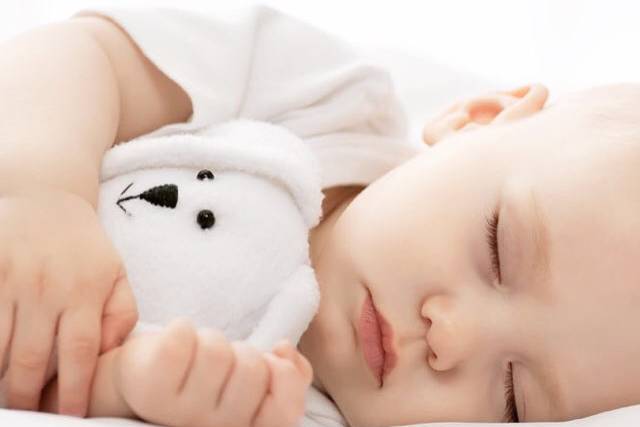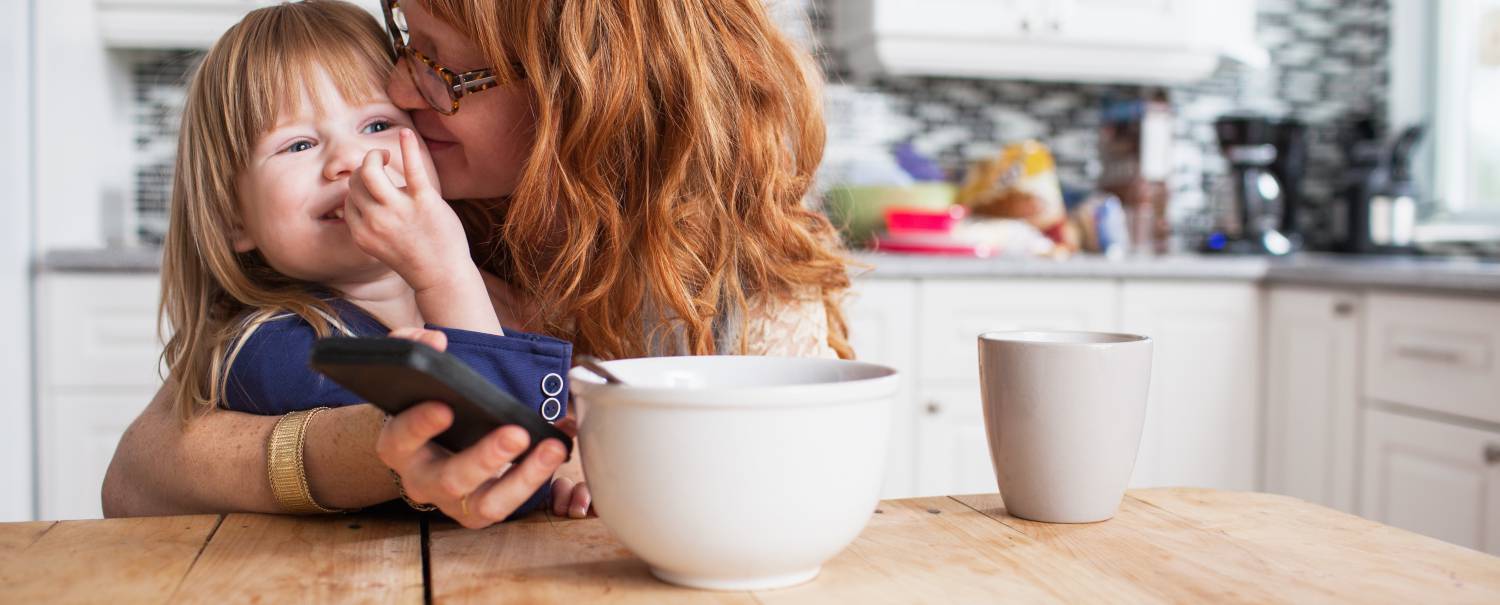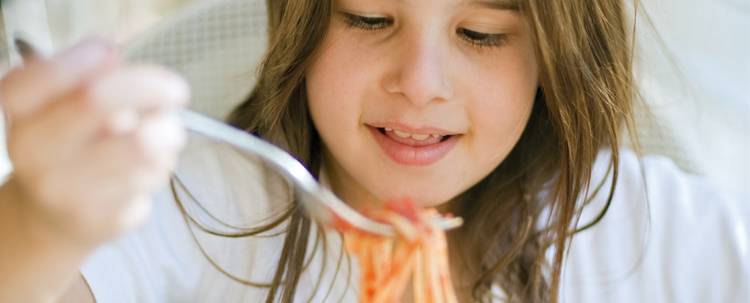Sleep, the best medicine for mind and body
The pace of life nowadays is increasing stressful, and our daily routine is packed full of appointments and activities: work, family, shopping, the gym and so on… At this frenetic speed, very often the first thing to be sacrificed is the very thing we need most: time to just sleep and rest.
health and beauty
Share

Restful sleep is undoubtedly one of the great pillars of our health. The quality of our sleep is vital to feel fresh, full of energy and for our well-being and, also in large part, for our general health.
We spend a third of our lives sleeping. By the age of 60, we will have spent 20 asleep. It is the activity that we repeat most often, so any problem during sleep can condition our day to day lives, since the functions of sleep are very important for our body.
There are studies that show that sleep disturbances may accentuate somemedical and psychiatric problems
Hypertension, heart failure, coronary heart disease or diabetes are associated with a high prevalence of sleep apnoea; In patients with chronic bronchitis and asthma the quality of sleep is usually poor, as well as in cases of allergic rhinitis. In addition, there is also a clear link between obesity and alterations in sleep quality and quantity.
HEALTH INDICATOR
HEALTH INDICATOR

In short, sleep is an indicator of our health. A sufficient amount, as well as adequate quality, should be considered indispensable elements of a healthy lifestyle, supplemented with exercise and nutrition.
Therefore, sleep represents a vital function because it is:
• Essential: we cannot live without sleep.
• Restorative: it repairs our body and provides a balance between the conscious and the unconscious part of our brain.
• Complementary and fundamental to ensure wakefulness: we need enough sleep in order to be wide awake the next day.
• Physiologically necessary: it regulates biorhythms and ensures a balance between the internal biological requirements and the external environment.
CRUCIAL IN CHILDHOOD
The number of hours that we need to sleep is much greater for children than for adults. During a baby's first 2 years, he will have spent about 70% of his time sleeping.
• Children with disturbed sleep patterns have more cases of earaches, rhino pharyngitis, and repeated bed-wetting.
• Those who sleep fewer hours have lower grades at school, as well as deficits in learning and expression.
• Lack of sleep can also lead to headaches, insecurity, shyness, poor character traits, etc.

Eating out with children. Some advice to make the experience enjoyable for everybody
Teach them to try new dishes
Eating out with children. Some advice to make the experience enjoyable for everybody






